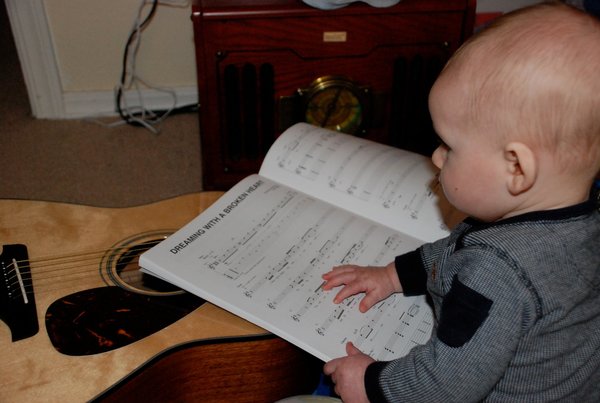Music Matters: A Greater Purpose for Piano Lessons


As a piano teacher, I see the values of music every day. What I often see in parents is a struggle. They try piano for a short while and when the child loses interest another activity is found to supplant it. I meet parents painfully unaware of what learning an instrument, especially the piano, can do for a child’s development and future.

Most parents consider piano lessons with some trepidation. Lessons mean not just time, but an expense that may not be seen as worthwhile if a child eventually becomes disinterested. Some delay until middle school age in an attempt to encourage a stronger commitment. The parents that do invest in lessons might have dreams of a concert pianist and world-famous performances. While that is a direction your child can go with the right amount of commitment, I want to encourage you that it isn’t the only reason to play the piano as a child. The skill of learning to play the piano provides three important skills that will equip them for many aspects of adulthood.

1) Music Literacy. Except for the few play-by-ear prodigies, to play the piano means you learn to read music. The skill of reading music opens the door to multiple options in the future. When you decide to learn another instrument, sing in choir, join a band, or audition for the latest teenage idol show, you are prepared. Reading music encourages and reinforces better math and reading skills. Like reading a book, once the skill of reading music is mastered, you won’t likely forget how to do it. Performing on an instrument may go by the wayside without practice, but the ability to read and thereby appreciate a musical score will always be there.
2) A Marketable Service. Growing up, I didn’t intend to be a piano teacher, but doing so has allowed me to stay home and be able to homeschool my children while making extra income for our family. The years of lessons had given me the knowledge to at least teach young students and as long as there are children in the world, there will continue to be new piano students. Accompanists (someone who accompanies on the piano others performing music) are hard to find and (if you’re any good) are well compensated for their services. Weddings and events often pay for the services of musicians. All of these are avenues you can make at least a part time income with a large amount of flexibility. No matter what else you do with your life, these are jobs that can be a blessing to your financial future.
3) Opportunity to Serve. Pianists make better singers. Singers make better pianists. One or both are usually present at the important events in our life. There is an opportunity in both secular and religious capacities to serve with music. Music therapy is a growing industry as well that is becoming more recognized for its benefits to those in need. The need is always there and serving is always a blessing.
Whenever your family has the opportunity to participate in learning music, never hesitate. You and those around you will be blessed for years to come.
Amy Butler is a disciple of Christ, the wife of an engineer, mother of two, part time piano teacher, and a lover of the natural world God has blessed us with. You can read her writings of balance at http://www.writebalance.org/.
It’s time for the annual The Old Schoolhouse® Excellence Awards, and we need your input! Please take a few minutes to vote in such categories as your favorite homeschool literature book, preferred online learning tool and best app. The Old Schoolhouse® will send you a FREE WannaBe series as a thank you just for taking the time to vote: https://docs.google.com/forms/d/1le293Knqh6NPKgiDHf5LohyGAdaH9bgfty5dtnoWiUw/edit?usp=sharing_eid&ts=571aaae3
Be sure to vote by July 1, 2016.











































